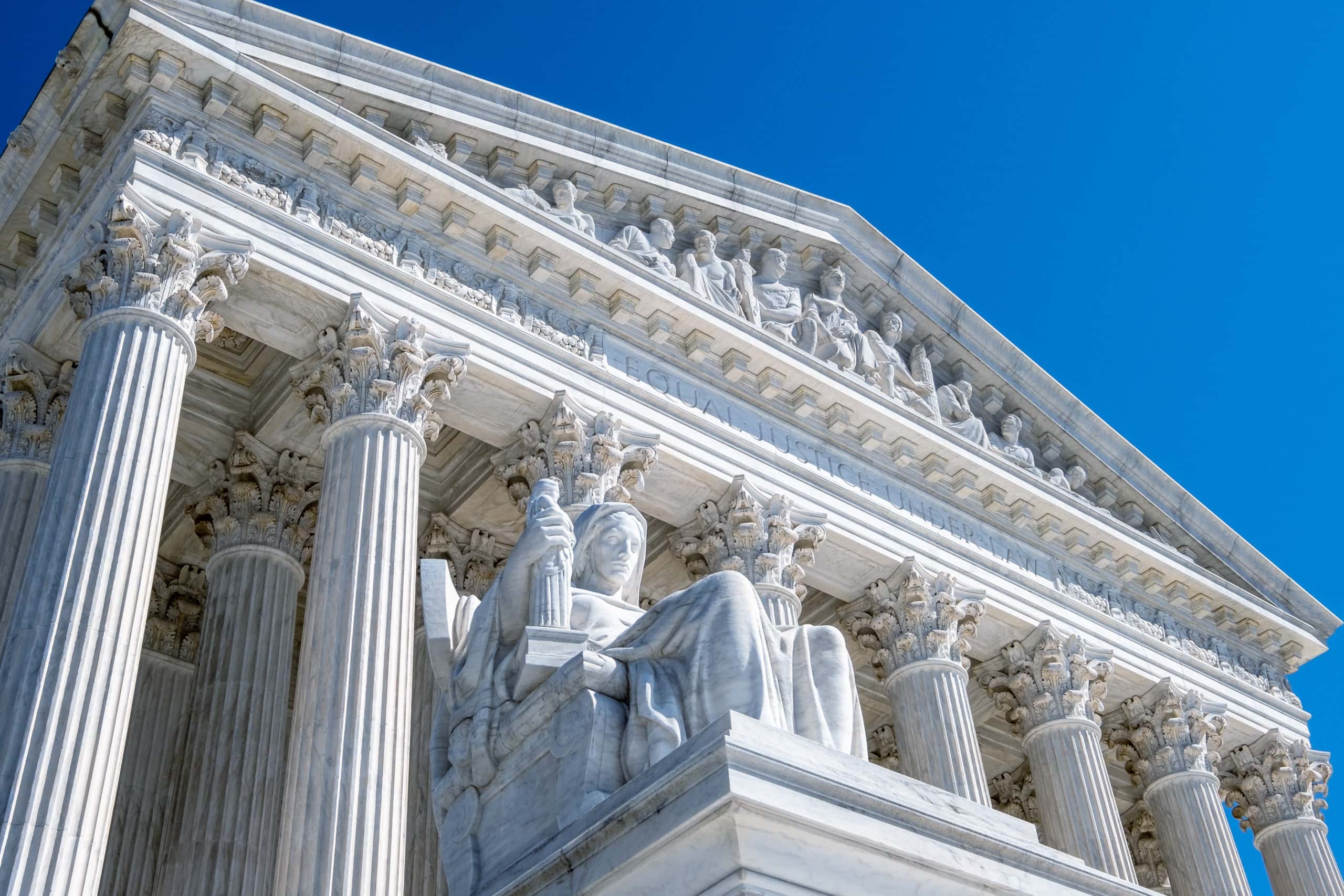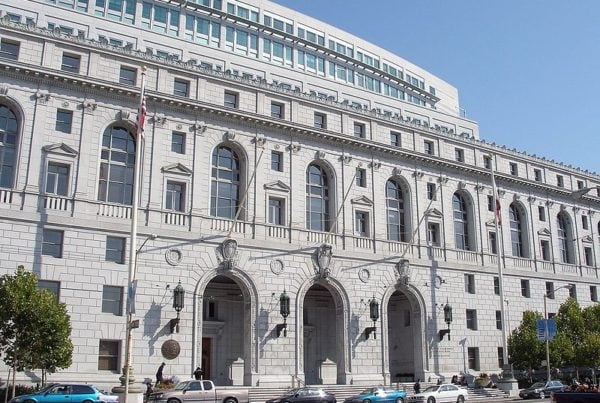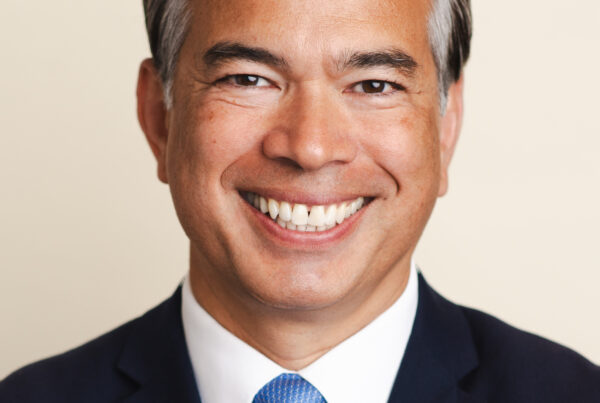The Inland Empire will absorb Arizonan abortion seekers if the Supreme Court changes the point at which abortions are constitutionally protected, Planned Parenthood of Orange & San Bernardino Counties says. The healthcare provider is ramping up its capacity to manage the influx without slowing down abortion services for local residents.
The Supreme Court heard oral arguments in the Mississippi case Dobbs v. Jackson Women’s Health Organization Dec. 1. The Mississippi law under review prohibits abortions after 15 weeks, although the Supreme Court has said since the 1973 case Roe v. Wade that abortions become unconstitutional after 24 weeks of pregnancy. The court in 1973 limited constitutionality at 24 weeks because the








